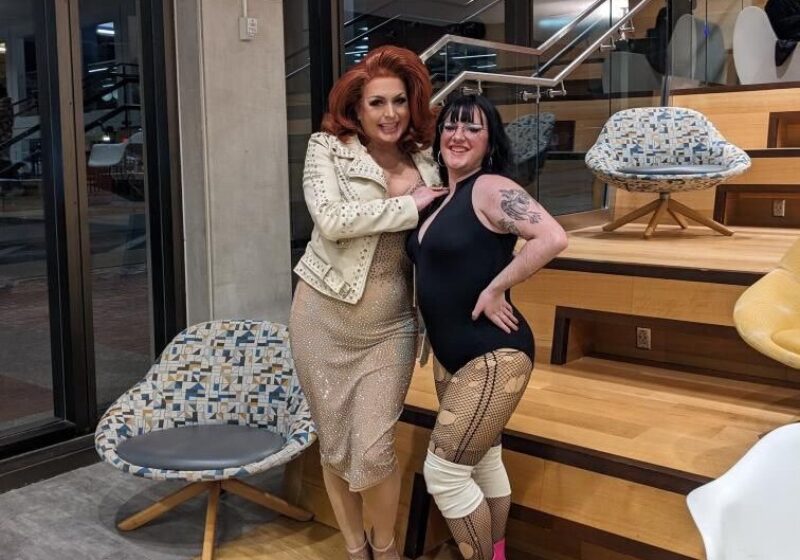The UR administration’s push to strengthen the humanities and arts on campus continued this week, with the announcement of the Institute for the Performing Arts, a new office devoted to spreading interest and appreciation of dance, theatre and music among the student body and in the Rochester community at large.
UR’s new Institute for the Performing Arts is the latest component of an effort by University President Joel Seligman, Dean of the College of Arts & Sciences Gloria Culver and other faculty to promote non-STEM subjects among students. Professor of Music John Covach was announced as the Director of the Institute last week, adding to a list of titles that includes Director of the Institute for Popular Music, which Covach founded in 2012; Professor of Music in the College Music Department; and Professor of Theory at the Eastman School of Music. Covach was formerly the chair of the College Music Department.
“We are working to increase participation in the humanities and performing arts because we believe they can make a difference in people’s lives,” Covach said in a press release.
The Institute concerns itself with performances not only on the River Campus, but also elsewhere in Rochester.
“We have already begun to build partnerships in the professional arts community with Geva Theater […], the Rochester Philharmonic Orchestra, Garth Fagan Dance and the Rochester Broadway Theatre League,” Covach said in an email, adding, “We are exploring other ways of engaging with the Rochester community.”
On campus, the Institute is connected with three academic departments: the Program of Dance & Movement, the Department of Music and the International Theatre Program. It will also be collaborating with other programs in the arts and humanities.
“Both the Humanities Center and the Institute for the Performing Arts are the result of meetings President Seligman had with a wide range of faculty back in December of 2014,” Covach said. “These two initiatives developed along parallel tracks, and since the arts and humanities share many kinds of concerns (plus faculty and students), I expect that we’ll work together frequently.”
Covach went on to praise the UR administration for fostering the arts, a move that goes in the face of current trends to emphasize STEM fields in higher education.
“In a sense, we’re zigging while [many schools are] zagging,” Covach commented. He went on to stress the unique influence that the performing arts can have on undergraduates, even those who are not studying arts or humanities. This kind of cross-disciplinary involvement, Covach said, “contributes to a more balanced undergraduate education.”
One of Covach’s ideas to get more students involved is to lower the barriers to attending performing arts events. “We’d like all students to be able to attend any event or concert on campus for free,” he said. “We are working on ways to fund this and hope to have news very soon.”
This week, the Institute’s main calendar event is the Rochester Fringe Festival, where several UR-affiliated groups are performing, including The Opposite of People, After Hours a cappella and the Eastman School of Music’s East Side Brass Band. Beyond this weekend’s festival, the Institute also maintains a calendar of performances on its website.
Passanisi is a member of
the class of 2017.




